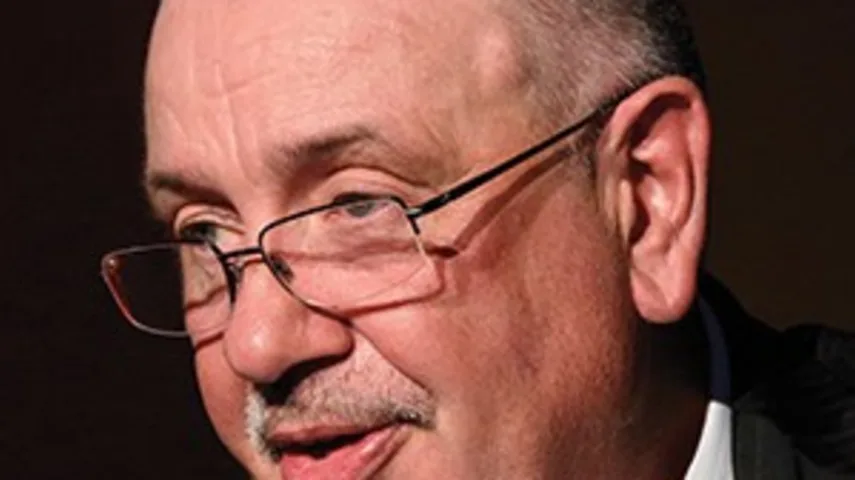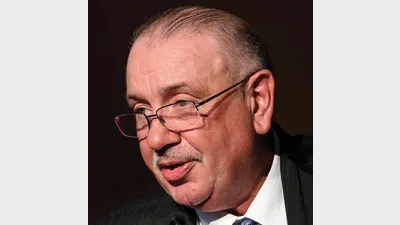There is a case for deferring, not cancelling a rise in the SG



Even before the harsh reality of the COVID-19 pandemic set in, wages growth in Australia was modest to non-existent and the nation should now be reconciling itself to up to half a decade of higher than normal unemployment as the nation seeks to drag itself out of what will be one of its deepest-ever recessions.
It is in such environments that wages growth will, of necessity, remain subdued. So, too, will interest rates and share dividends. This will be harsh economic reality writ large with international borders all but shut and key sectors of the economy effectively closed.
It is against this background that all sides of politics should be viewing the timetable for increasing the superannuation guarantee (SG), with the next scheduled rise to 10% due on 1 July, next year.
What is certain is that it will be most unlikely that Australia will be anywhere near on the road to recovery in what is, in reality, barely 10 months’ time. What is also certain is that unemployment will still be high and that many companies will have confirmed the reality of their insolvency.
It is on that basis that, rather than entirely abandoning next year’s scheduled increase in the superannuation guarantee to 10% it should be deferred for a further 12 months and, depending upon a review of the prevailing economic circumstances, perhaps consolidated into the scheduled 1 July, 2022, rise to 10.5%.
It is clear that key sections of the Federal Government backbench have an agenda to radically change Australia’s superannuation guarantee regime by eroding compulsion, extending hardship early access arrangements and allowing the use of super balances to fund first home deposits, but they should not be seeking to do so amid the fear and confusion created by the pandemic.
Unusually for someone elevated to a status just outside the Cabinet room, the Assistant Minister for Superannuation, Financial Services and Financial Technology, Senator Jane Hume, has been heard to echo many of the arguments of her party’s more vocal anti-superannuation backbenchers – something which has elevated those arguments to quasi-formal policy positions.
What is more, Hume has elevated the status of those arguments before her boss, the Treasurer, Josh Frydenberg, has even released or commented on the report of the Retirement Income Review panel which has been sitting on his desk since at least the beginning of August.
In circumstances where the Retirement Income Review is intended to form the basis of consultation and discussion some of the messaging coming from the Government, not least Hume, could be interpreted as highly pre-emptive.
Of course much of the Government’s backbench antipathy can be attributed to the reality that the superannuation guarantee owes its birth to the relationship between the Australian Labor Party and the trade union movement and that many serving and former union officials sit on the trustee boards of industry superannuation funds.
It is also notable that the industry superannuation funds, via Industry Super Australia, were not backward in attacking retail superannuation funds and financial advisers many of whom could be regarded as constituents of the Liberal and National Party.
Irrespective of that history, superannuation is far too important to the broader Australian economy to be the subject of a juvenile game of political tit for tat in the midst of a pandemic and consequent recession.
Recommended for you
In this episode of Relative Return Insider, host Keith Ford and AMP chief economist Shane Oliver discuss the Reserve Bank of Australia’s cautious stance in response to persistent inflation, subdued growth prospects, and political shifts affecting the nation’s journey towards net zero emissions.
In this episode of Relative Return, host Laura Dew speaks with Rachel White, head of financial adviser services at Vanguard about how advisers can help Australians to feel confident in retirement.
In this episode of Relative Return Insider, host Keith Ford and AMP deputy chief economist Diana Mousina take a look at the Reserve Bank’s unanimous decision to leave rates on hold on Melbourne Cup Day and whether future cuts are still on the cards.
In this episode of Relative Return Insider, host Keith Ford and AMP deputy chief economist Diana Mousina break down the spike in inflation numbers and what it means for the possibility of a rate cut as we move into the new year.







